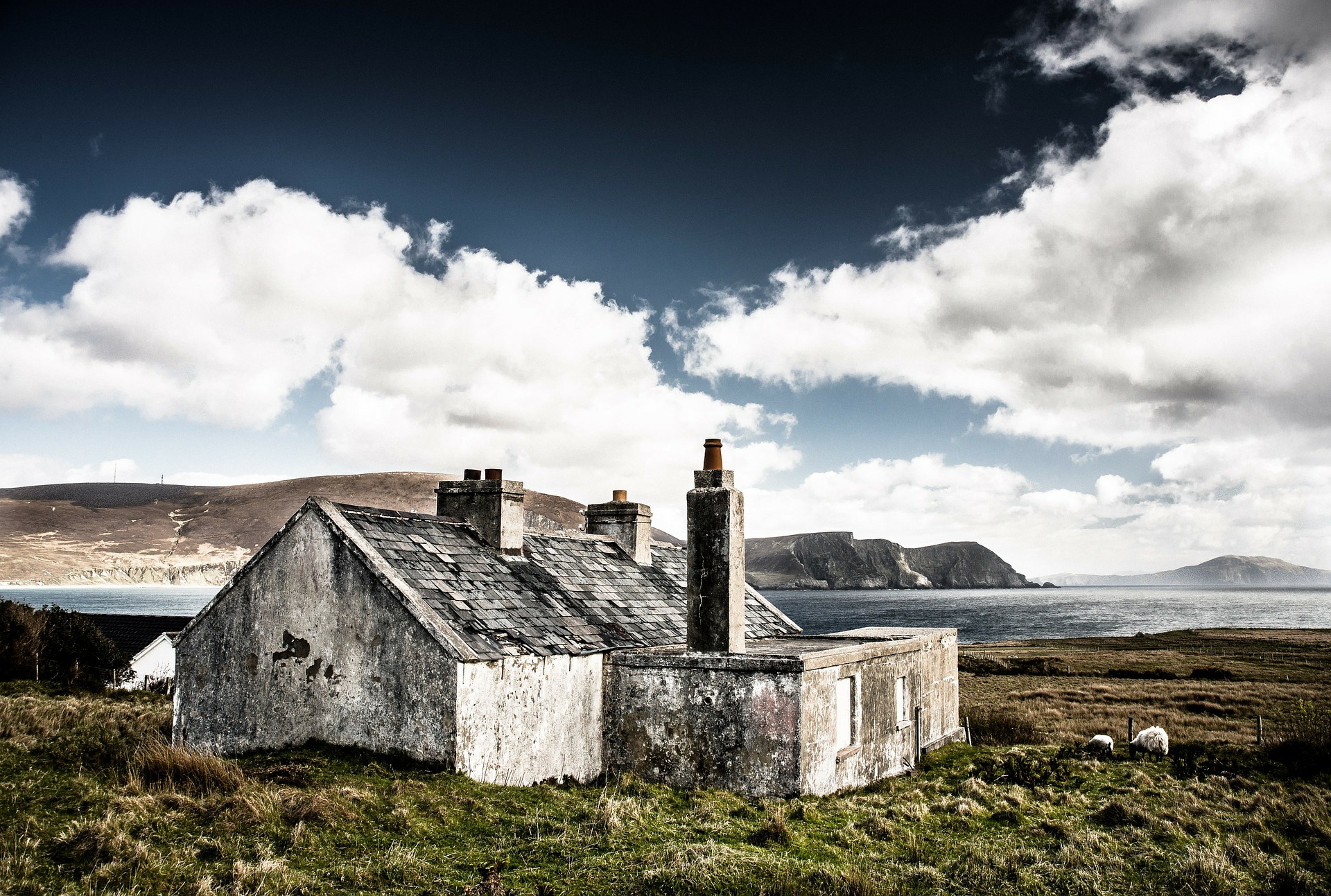Óró, ‘s é do bheatha ‘bhaile
- 1.Accompaniment (Minim = 92)0:35
- 2.Soprano (Minim = 68)0:45
“Óró, ‘s é do bheatha ‘bhaile” is a traditional Irish song, that came to be known as a rebel song in the early 20th century. Óró is a cheer, while sé do bheatha ‘bhaile means “welcome home.”
This version is arranged for SATB choir by Deirdre Moynihan. It is usually sung acapella but can also be performed with the piano accompaniment.
Like many folk songs, the origins of this song are obscure, but several different uses of the tune and chorus can be identified.
In 1884 Mr. Francis Hogan of Brenormore, near Carrick-on-Suir, then “well over seventy years of age”, reported that “this song used to be played at the ‘Hauling Home,’ or the bringing home of a wife”. The “hauling home” was a ceremony that took place a month after a wedding when a bride was brought to live in her new husband‘s home. This version only consists of the chorus.
Énrí Ó Muirġeasa also records a similar refrain in 1915 from the Barony of Farney, “but the song to which it belonged was lost before my time”. There is no mention of “hauling home” and the line that P. W. Joyce gives as thá tu maith le rátha (“’tis you are happy with prosperity [in store for you]”) is instead Tá tú amuiġ le ráiṫċe (“You’ve been gone three months”).
This song has also been associated with the Jacobite cause as the traditional version mentions Séarlas Óg (“Young Charles” in Irish), referring to Bonnie Prince Charlie and dating the song to the third Jacobite rising of 1745-6.
In the early 20th century it received new verses by the nationalist poet Padraig Pearse and was often sung by members of the Irish Volunteers during the Easter Rising. It was also sung as a fast march during the Irish War of Independence.
There are several purchase options available:
- Accompaniment
- Accompaniment with Soprano line
- Accompaniment with Alto line
- Accompaniment with Tenor line
- Accompaniment with Bass line
- Full Track (including all of the above)
As the voices enter with the piano at the start, I have added in an additional 4 notes to both give the note A to the men starting and to create the intro. The voice enters on the 5th note.
The sheet music is available here.
Price range: €3,50 through €17,50
Product Description
“Óró, ‘s é do bheatha ‘bhaile” is a traditional Irish song, that came to be known as a rebel song in the early 20th century. Óró is a cheer, while sé do bheatha ‘bhaile means “welcome home.”
This version is arranged for SATB choir by Deirdre Moynihan. It is usually sung acapella but can also be performed with the piano accompaniment.
Like many folk songs, the origins of this song are obscure, but several different uses of the tune and chorus can be identified.
In 1884 Mr. Francis Hogan of Brenormore, near Carrick-on-Suir, then “well over seventy years of age”, reported that “this song used to be played at the ‘Hauling Home,’ or the bringing home of a wife”. The “hauling home” was a ceremony that took place a month after a wedding when a bride was brought to live in her new husband‘s home. This version only consists of the chorus.
Énrí Ó Muirġeasa also records a similar refrain in 1915 from the Barony of Farney, “but the song to which it belonged was lost before my time”. There is no mention of “hauling home” and the line that P. W. Joyce gives as thá tu maith le rátha (“’tis you are happy with prosperity [in store for you]”) is instead Tá tú amuiġ le ráiṫċe (“You’ve been gone three months”).
This song has also been associated with the Jacobite cause as the traditional version mentions Séarlas Óg (“Young Charles” in Irish), referring to Bonnie Prince Charlie and dating the song to the third Jacobite rising of 1745-6.
In the early 20th century it received new verses by the nationalist poet Padraig Pearse and was often sung by members of the Irish Volunteers during the Easter Rising. It was also sung as a fast march during the Irish War of Independence.
There are several purchase options available:
- Accompaniment
- Accompaniment with Soprano line
- Accompaniment with Alto line
- Accompaniment with Tenor line
- Accompaniment with Bass line
- Full Track (including all of the above)
As the voices enter with the piano at the start, I have added in an additional 4 notes to both give the note A to the men starting and to create the intro. The voice enters on the 5th note.
The sheet music is available here.
Additional Information
| Divisions | Accompaniment, Full Track (all of above), Accompaniment + Alto, Accompaniment + Bass, Accompaniment + Soprano, Accompaniment + Tenor |
|---|









